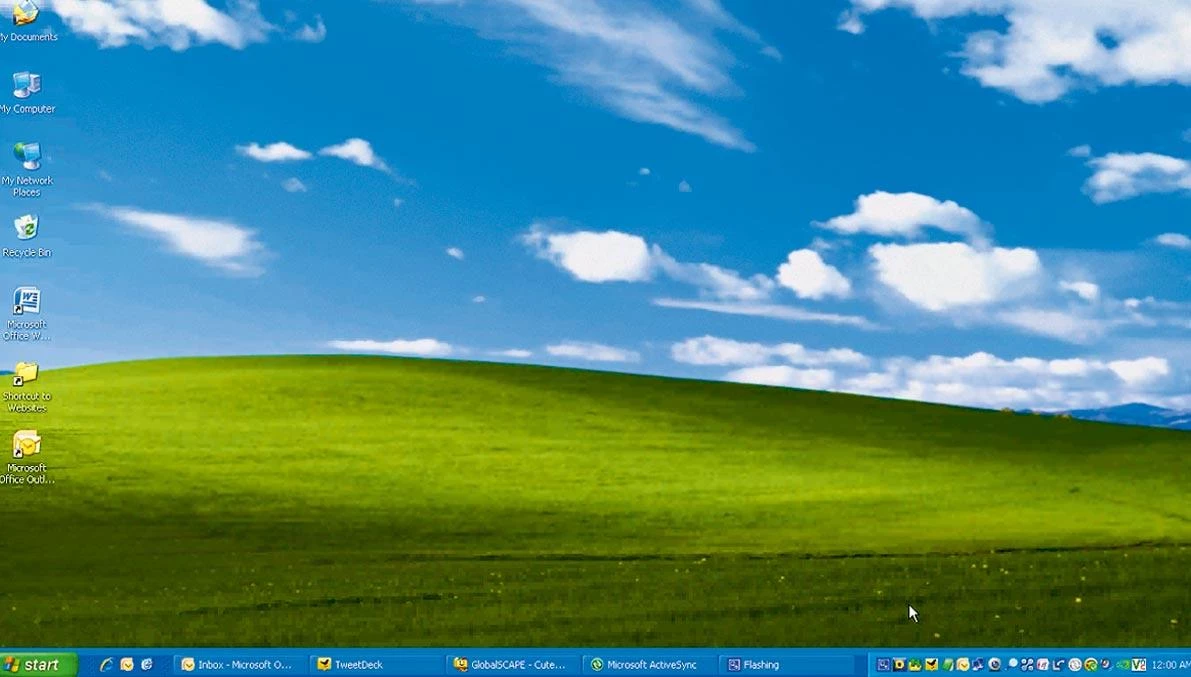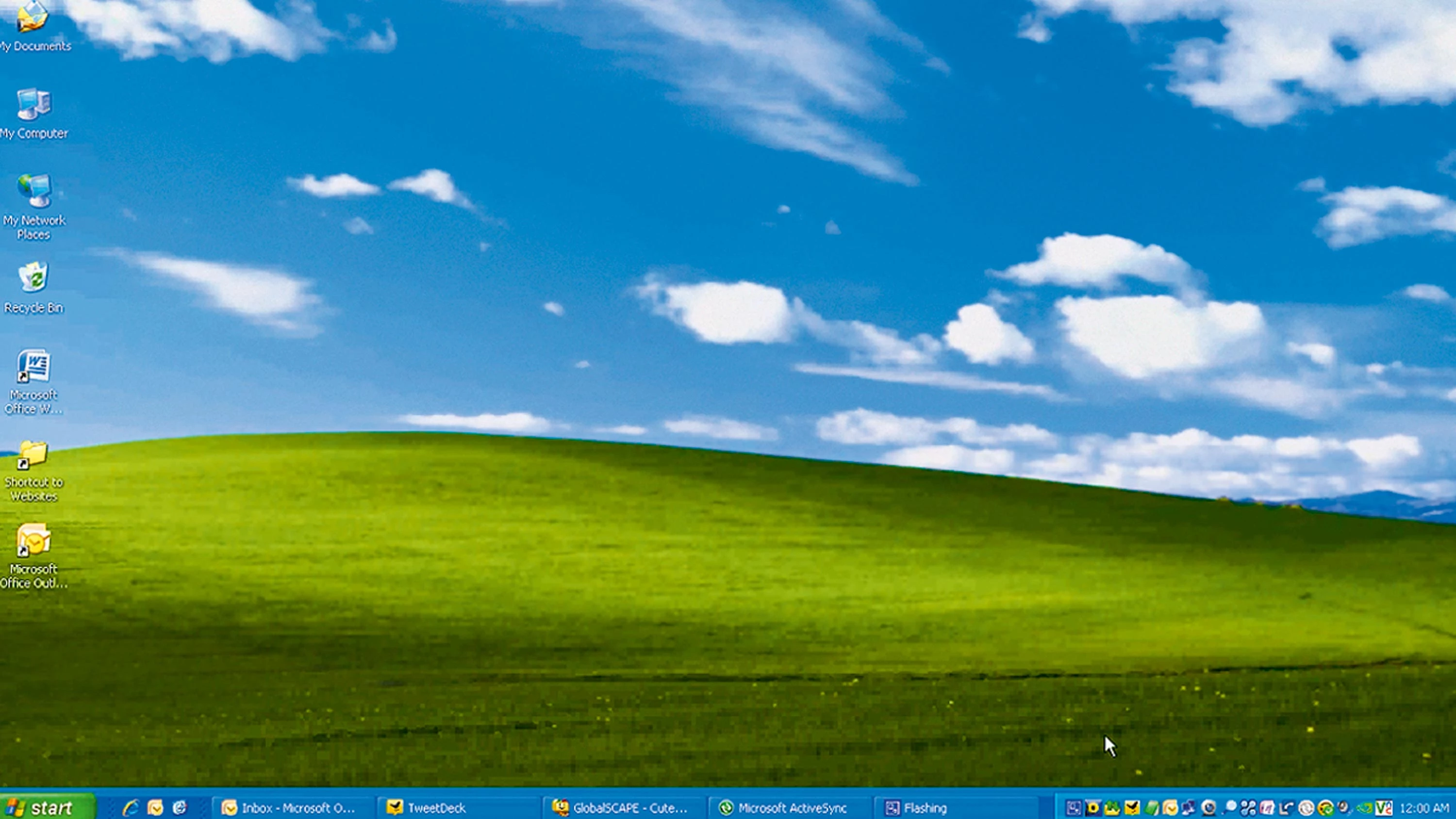
Human beings are not free-floating agents capable of reshaping themselves in any way they choose; this only happens in online virtual worlds. We are limited in the first instance by our physical bodies. Technology has done a lot to free people from the constraints imposed by their physical natures. It has liberated people from backbreaking physical labor, vastly increased life spans, overcome many forms of disease and disability, and multiplied the experiences and information that each one of us is able to process. Some techno-libertarians imagine a future in which we could each become a completely disembodied consciousness that can be uploaded into a computer, allowing us to in effect live forever. Our experience of the world is increasingly mediated by screens that allow us to easily imagine ourselves in alternative realities or as alternative beings.
The real world, however, continues to be different: wills are embedded in physical bodies that structure and also limit the extent of individual agency. It is not clear that most people want to be liberated from their own natures. Our individual identities remain rooted in the physical bodies that we are born with, and in the interactions of those bodies with the environment in which we live. Who we are as individuals is the product of the interaction of our conscious minds and physical bodies, and the memories of those interactions over time. The emotions we experience are rooted in our experience of our physical bodies. And our rights as citizens are built upon the need to protect both those physical bodies and our autonomous minds.
A general principle for a liberal society would borrow a page from the playbook of the ancient Greeks. They had a saying, μηδεν αγαν (mēden agan), which meant ‘nothing in excess,’ and they regarded σωφροσύνη (sōphrosýnē), or ‘moderation,’ as one of their four cardinal virtues. This emphasis on moderation has been largely discarded in modern times: university graduates are routinely told to ‘follow their passions,’ and people who live to excess are criticized only when it harms their physical health. Moderation implies and requires self-restraint, the deliberate effort not to seek the greatest emotion or the fullest accomplishment. Moderation is seen as an artificial constraint on the inner self, whose full expression is said to be the source of human happiness and achievement.
But the Greeks may have been on to something, both with regard to individual life, and in politics. Moderation is not a bad political principle in general, and especially for a liberal order that was meant to calm political passions from the start. If the economic freedom to buy, sell, and invest is a good thing, that does not mean that removing all constraints from economic activity will be even better. If personal autonomy is the source of an individual’s fulfillment, that does not mean that unlimited freedom and the constant disrupting of constraints will make a person more fulfilled. Sometimes fulfillment comes from the acceptance of limits. Recovering a sense of moderation, both individual and communal, is therefore the key to the revival – indeed, to the survival – of liberalism itself.
Extracted from Liberalism and its Discontents (FSG, New York, 2022).






